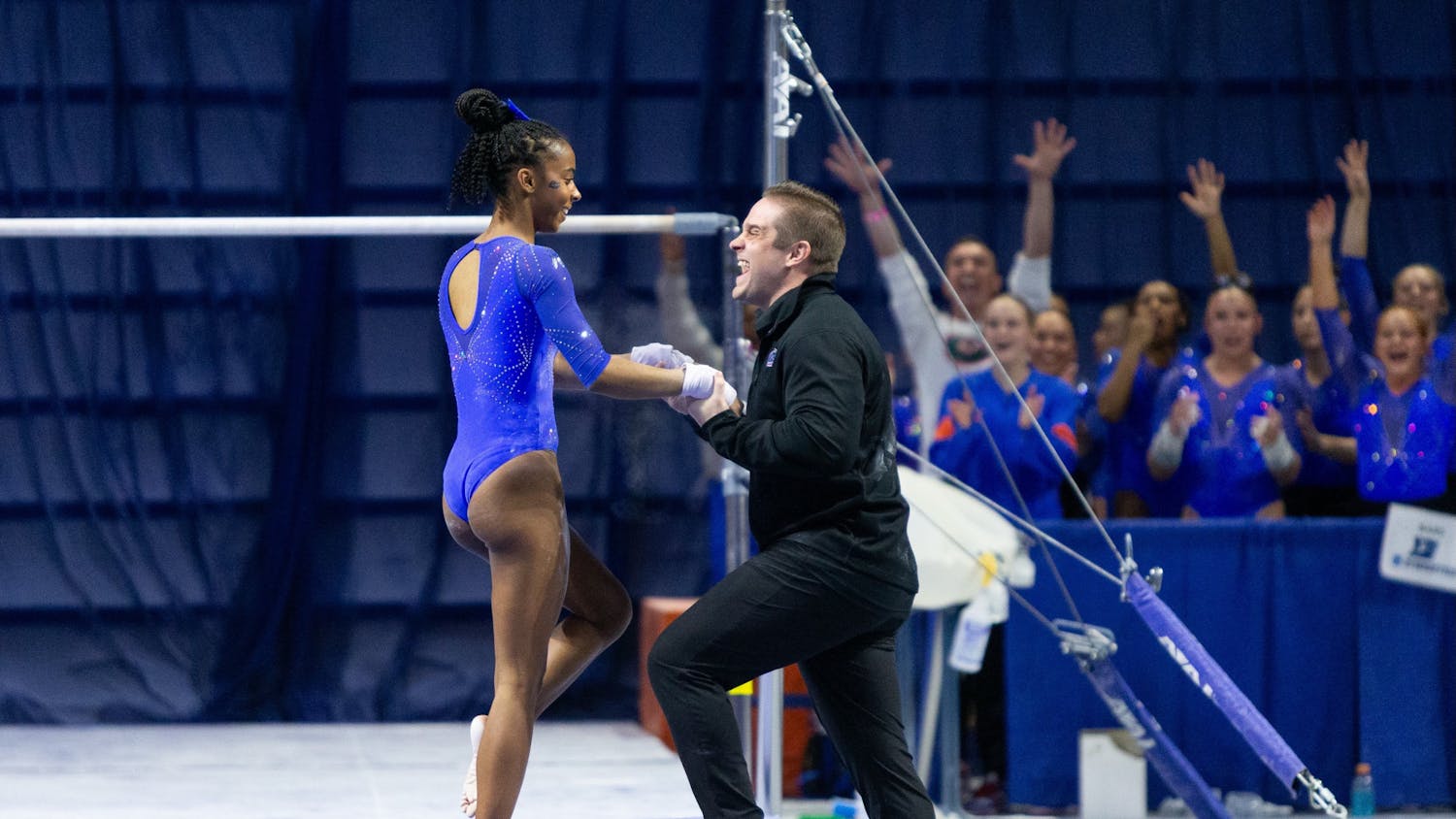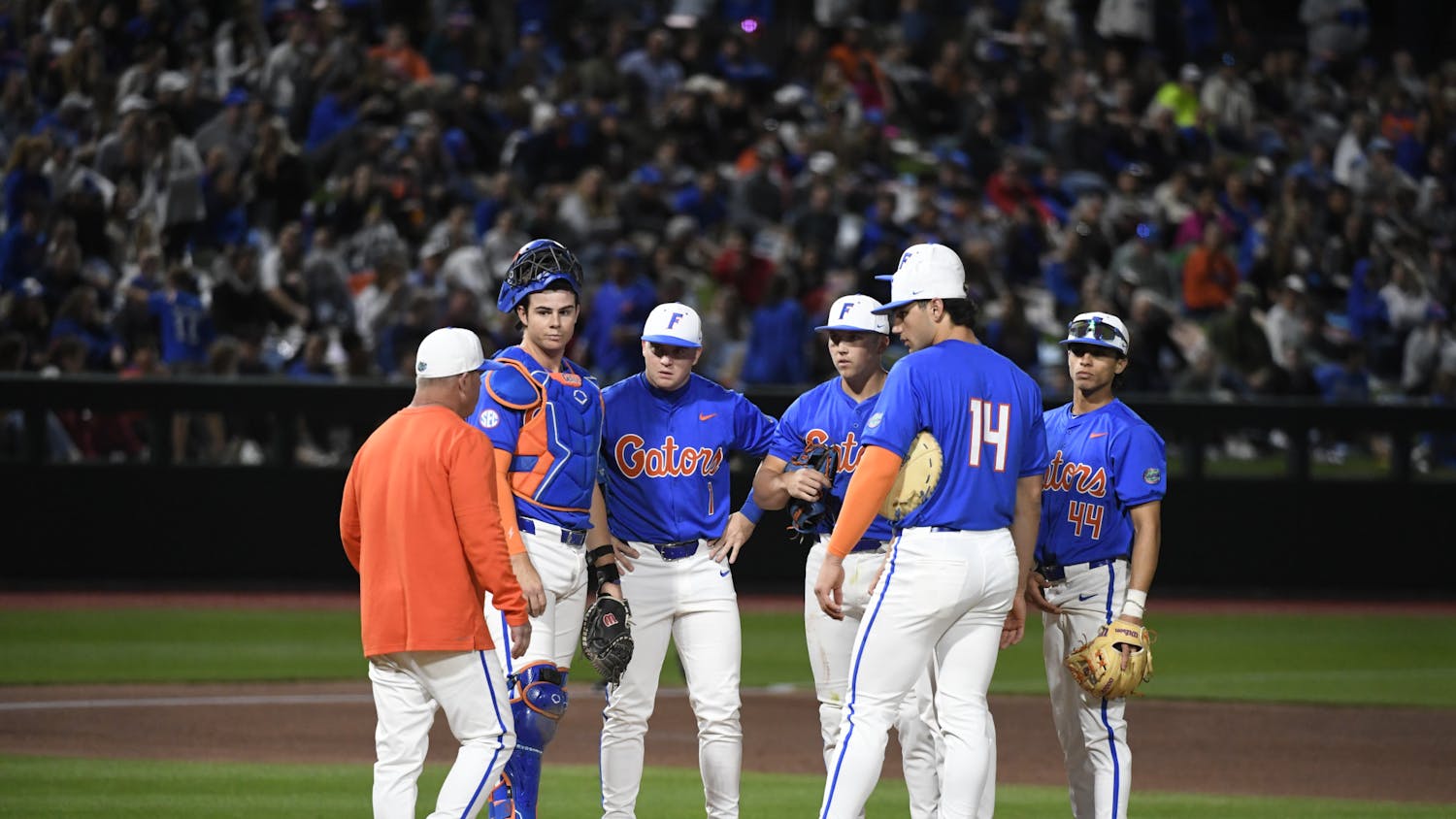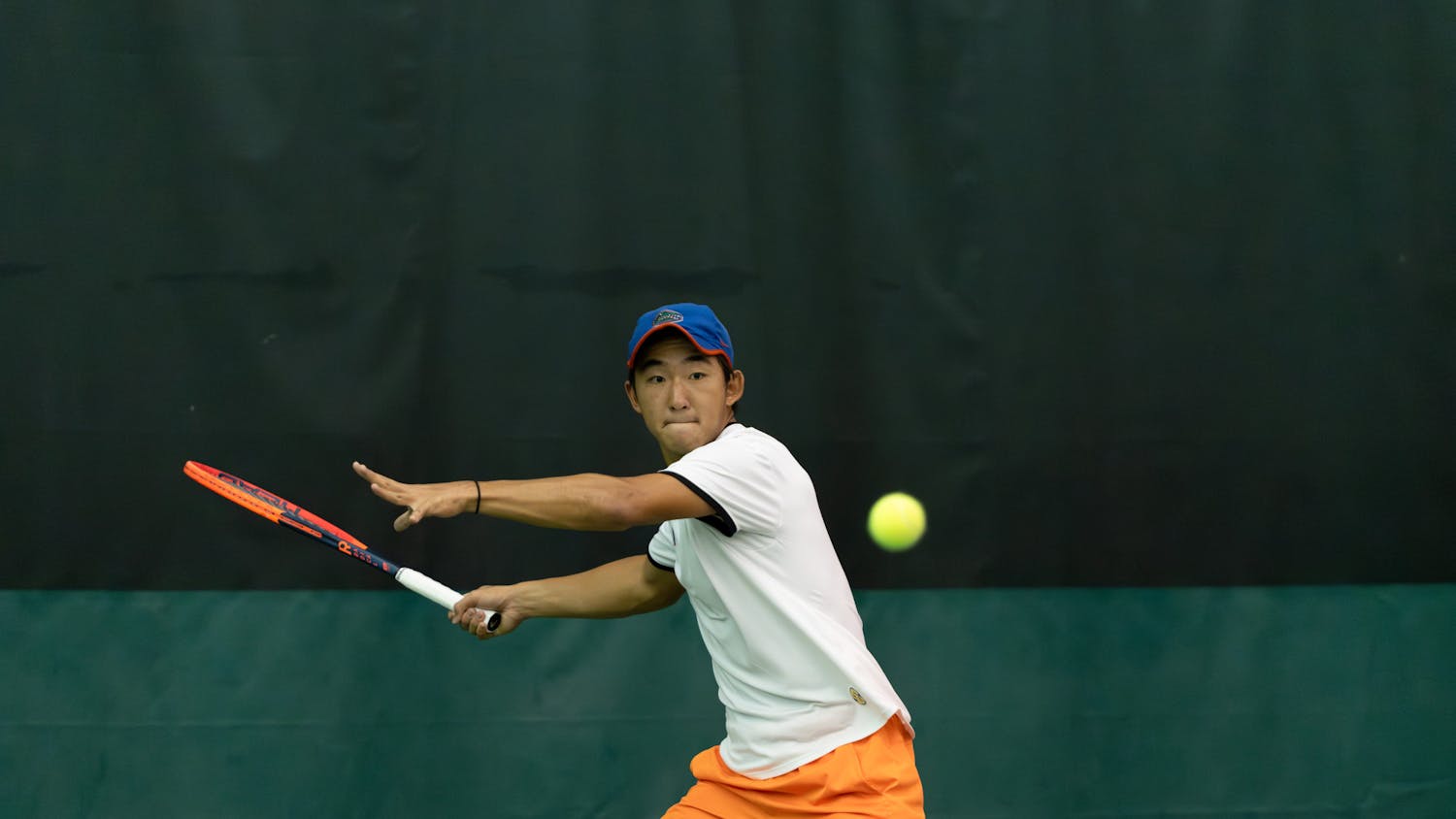It’s a question as harrowing as the MCAT itself: How are you going to distinguish yourself?
Competition to get into medical school is becoming fiercer and fiercer. The prescribed track of majoring in biology, doing research, volunteering and joining the American Medical Student Association just isn’t cutting it anymore. More and more, schools are looking for well-rounded applicants with a diverse set of talents and real-world experience. So I’ll ask again: How are you going to distinguish yourself?
I’m assuming you’re terrified. I am, at least. These are valid and honest assessments of the medical school admissions process, but you’re frightened because very little of this makes sense. "Why shouldn’t doctors major in biology? How diverse is ‘diverse?’ What is this ‘real world’ and where have I been living the past 20 years?" But above all, you’re worried you won’t measure up against your peers.
And these aren’t just your peers; they’re your study buddies, Midnight Cookie-break buddies, rom-com-break buddies and "Weren’t we supposed to be studying?" buddies. It’s disconcerting then to feel their success could undermine your own, or you should feel that way at all. "Look around this auditorium," I was told at Preview. "This is your competition."
At this point, I should mention I am in favor of competition. It drives individuals to put forth their best effort to accomplish what is most important to them and — if the rest of us are lucky — society. My question is: "Whom should we be competing against and why?" The answer to me is for whom we were competing with in the first place — ourselves.
That might not seem too different from competing against others, but it fosters humility, not jealousy. Jealousy is a refusal to accept what we don’t have; humility is an acceptance of what others do and what we could do one day. I believe the latter encourages a greater sense of appreciation. There is no such thing as passion without appreciation.
Passion is the key to this idea of distinguishing yourself. It’s so essential to the application process that I recommend you include it in your resume right above the weeklong medical mission trip to Honduras that changed your life. Passionate people rarely ask, "How is this concept going to be helpful to me in the future?" because there is no true means of answering this question. Instead, the possibility of learning and growing compels them to seek out classes and subjects foreign to them. They recognize their weaknesses and subsequently attempt to challenge them. Passionate people, as writer Zadie Smith puts it, "resign [themselves] to the lifelong sadness that comes from never being satisfied."
Above all, I find passionate people to be a joy to be around. It’s in their nature to be accepting, to listen, to inquire and to care. They push beyond their failures no matter how severe and treat the brevity of life with the respect it deserves. Now, if this doesn’t sound like your ideal physician, I’m afraid you should consider a different profession.
Does this get you into medical school? Not without volunteering, research, the prerequisite courses and that pesky MCAT — and, for God’s sake, keep up your GPA. But it may give your resume a certain quality of diversity and well-roundedness. Certainly dealing with issues and ideas you never before knew existed counts as real-world experience. And will you distinguish yourself? Personally, I wouldn’t rely on a review board to answer that question.
Neel Bapatla is sophomore English major. His column appears on Thursdays.





